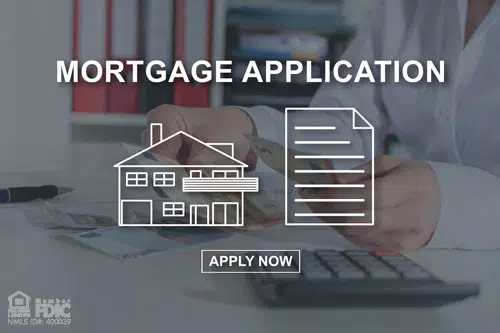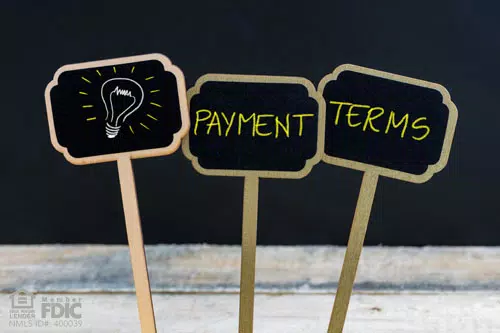There are many types of mortgage loans that can help you with purchasing a new home. When choosing the best loan for your circumstances, your lender will follow the financial institution and government guidelines.
Mortgage loans can be classified into conforming or non-conforming loans. Conforming loans are backed by the government, and private lenders make the loans. This type of loan can be repackaged and sold in secondary markets to mortgage investors. A non-conforming loan has different criteria and is handled differently by lenders, as explained below.
What are Non-Conforming Loans
Non-conforming loans are types of mortgage loans are not eligible for insurance through government programs due to the nature of the property. Private lenders provide non-conforming loans that meet their approval requirements and become part of their investment portfolios. The loans are generally too difficult to sell on secondary markets because they tend to be riskier for investors and follow different underwriting guidelines.
Some benefits to a non-conforming loan make it a better option than a conforming loan. The loan limits are higher, so you can purchase more expensive properties. This type of mortgage called a jumbo loan, can be used if you’re investing in commercial property, real estate, or opening a business.
If you’ve filed for bankruptcy in the past, you may be disqualified when it comes to applying for a conforming loan. However, a non-conforming loan may be an alternative option for you.
How Non-Conforming Loans Work
Non-conforming loans have several characteristics that make them different from conforming loans. Here's a breakdown:
Higher loan amounts –Check the Federal Housing Finance Agency's website to determine the loan limit for a single-family home in your area. These limits are updated on an annual basis. If you want a loan higher than this limit, you will need to get a non-conforming loan.
Extensive documentation – Your lender will ask that you provide documentation in the form of several years' worth of income tax returns, bank statements, pay stubs, asset appraisals, and other verification that will qualify you for a non-conforming loan. Your income and employment history will also be examined. The lender is evaluating the amount of risk they may be taking on in approving your loan request.
Down payment – Lenders may allow a down payment of 10 percent with the addition of private mortgage insurance. However, most lenders require you to put down at least 20 percent or more.
Excellent credit history –Lenders who make non-conforming loans generally set their credit score requirements, which the lender can adjust.
Debt-to-income ratio – There's very strict enforcement of the maximum debt-to-income ratio that a lender will accept.
Significant cash reserves—Due to the size of the loan, Lenders want a large amount of cash reverses on hand to make a non-conforming loan. This is to protect them from a deeper loss caused by foreclosure on the home. The cash reserves required are often equal to a year's worth of mortgage payments, though the lender will set the amount.
Interest rates – Due to the loan size, the interest rate tends to be slightly higher than on smaller loans.
Closing and other fees – Since closing costs and other expenses are calculated as a percentage of the mortgage balance, they are higher on a non-conforming mortgage. Multiple appraisals and other additional costs might also be calculated into this type of mortgage.
If you're ready to apply for a non-conforming loan for your next home, NASB is here to help. Call our experts at 888-661-1982.




